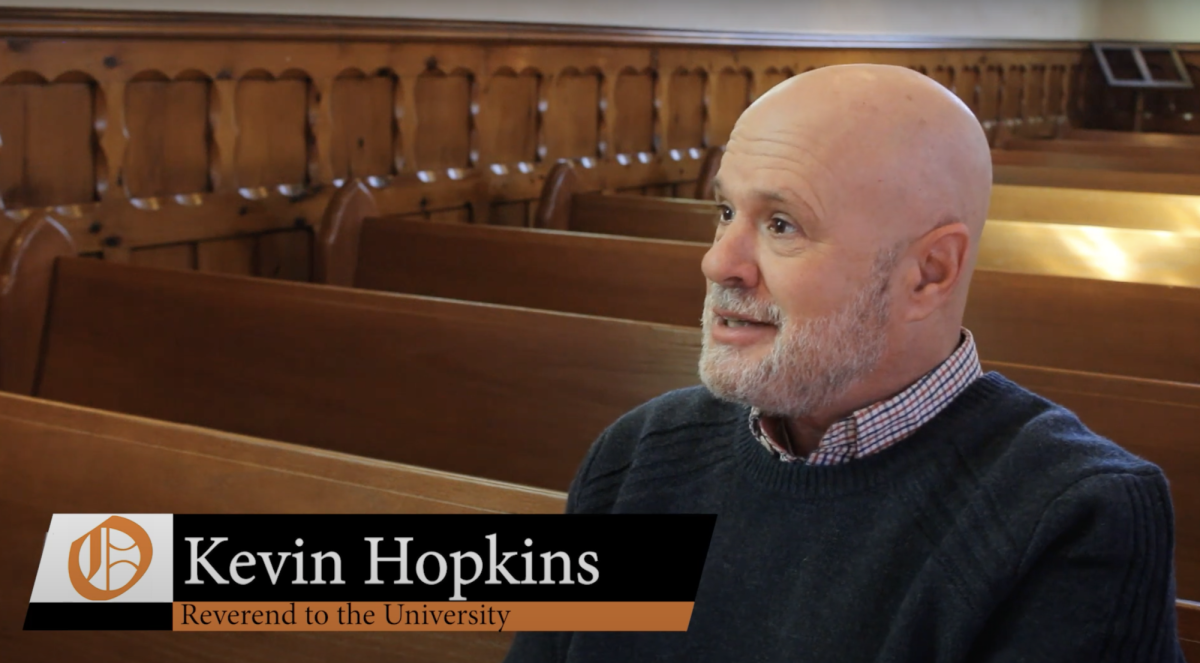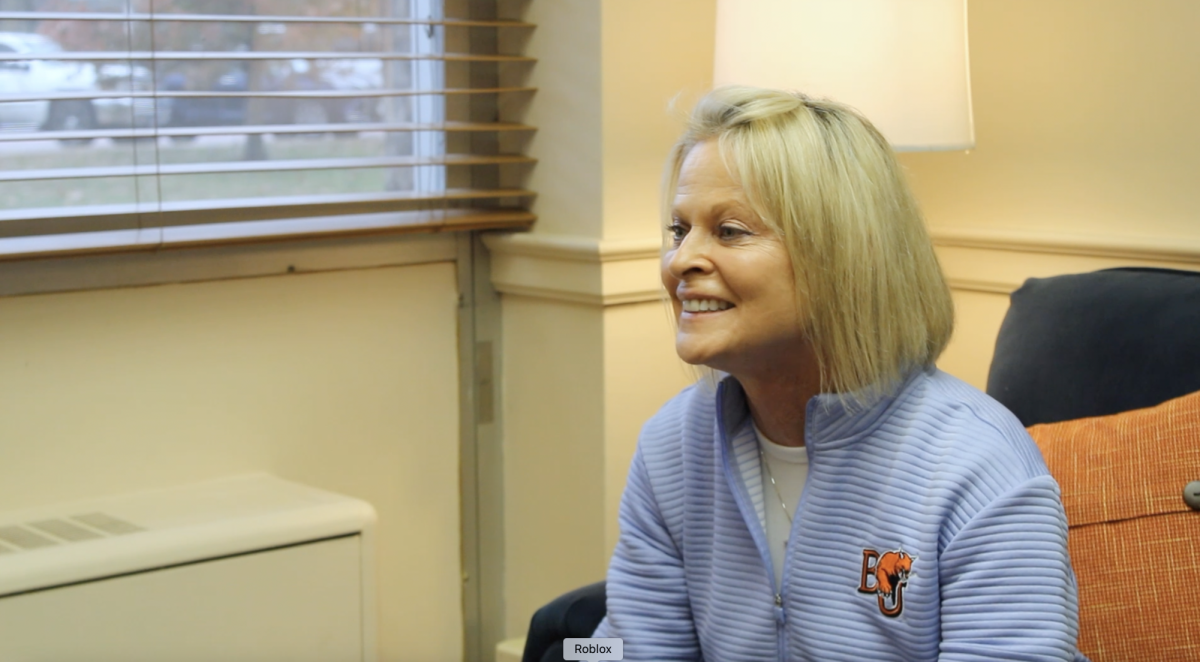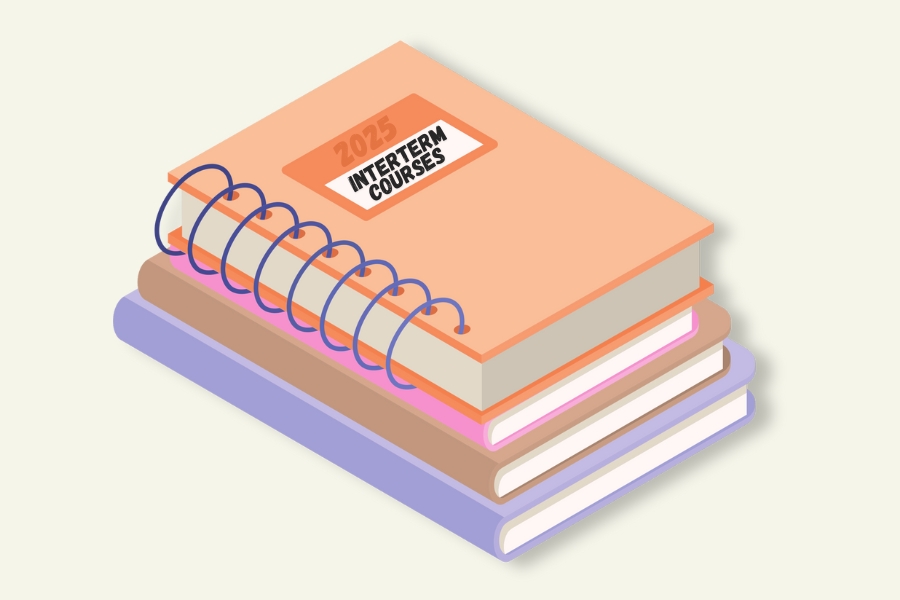One of the main reasons some students choose to go to Baker University is because of how seriously it takes academics.
Baker prides itself on having a high standard of academic excellence, but some students may feel that Baker’s standard might be starting to get too high.
At the Feb. 1 meeting of the Baker University Faculty Senate, a proposal was made by the Educational Programs and Curriculum committee to change the 4.0 grading scale.
With the newly proposed scale, students’ knowledge of an A being a 90 to 100 percent goes out the window. A student could get an A-, typically a 90-92 percent, and still not receive a 4.0 for the class.
This drop in grade point average could make students look less marketable for both graduate school and prospective jobs.
The faculty senate laid out three rationales for its proposal.
The first rationale explains that the grading scale would motivate students to raise their grade at the end of a semester. For example, the senate believes students with an 85 percent would have more motivation to raise their grade to an 87 percent or higher in order to raise their GPA.
Secondly, the senate believes the proposed grading scale would more accurately dictate a student’s performance. Under the current system, a student who earns an 80 percent, which is typically a B-, and one who earns an 89 percent, which is typically a B+, both earn a 3.0. The senate thinks the student earning the 89 percent deserves a higher GPA than the other student.
While this is a valid reasoning, it does not seem like someone with a 93 percent, which is typically an A, deserves a higher GPA score than someone with a 92 percent, which is an A-, when they are both in the 90th percentile.
Lastly, the senate stated the new proposal would affect a student’s overall GPA.
The new grading scale may encourage some students to bump their grade up a few percentage points, but many students who earn an A- in classes will show a negative outcome of the new scale.
The professor of the course will get to choose whether the course will abide by the new or old GPA format. So, the possibility arises for two students taking the same course, but with different professors, to each receive the same percentage grade, but with one student receiving a lower GPA for the course than the other.
The Baker faculty should take note that, out of the 28 members of the Baker University Student Senate, not one of them supported the proposal. If current students are voting down the proposed scale, there is a good chance future students might feel the same way, and it could affect student’s interest in coming to Baker.







